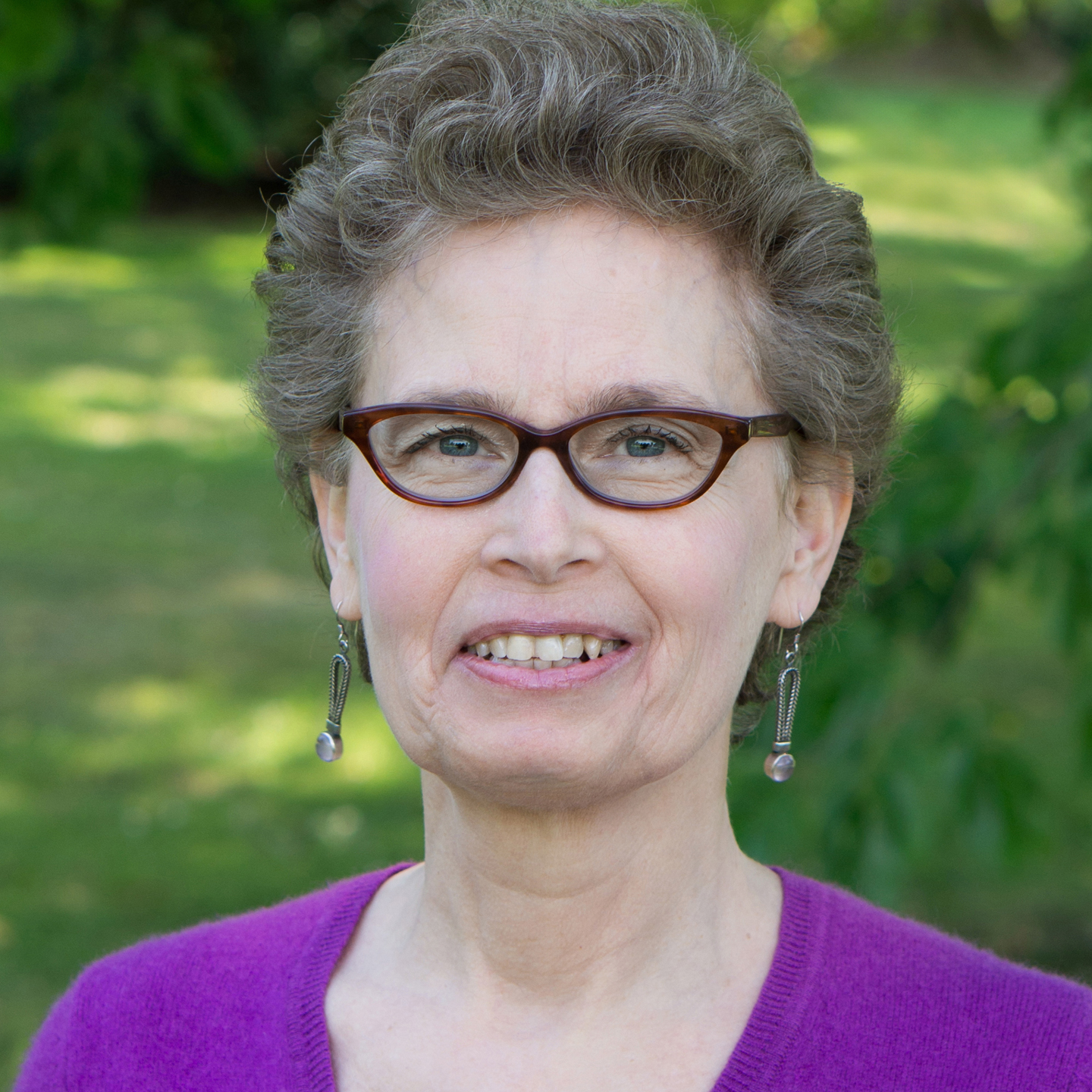If you’re contemplating going to counselling, if you want powerful actions you can take to to be successful in counselling—whoever you choose as your counsellor—this article is for you.
But first, why even entertain the idea of going to see a counsellor? . . . Perhaps the skills and supports you’ve relied on are no longer working. Perhaps you’re feeling depressed or anxious, and wanting to heal from trauma. Maybe you’re in transition, looking for new ways to respond to life circumstances, like cultural or racial discrimination, relationship changes, a death or illness, climate change, or COVID-19 stress.
Finding the trust to go to counselling, when you’re hurting takes courage. Yet counselling can be a tremendously beneficial. And with these six steps, you can make sure you find the healing and fulfillment you’re seeking.
Six Keys to a Success in Counselling
All six are equally vital. And yet, you’ll see, I’ve written more about two of the them than the others. That’s because relationship and cultivating awareness are what I find most often misunderstood or skipped over all together.
Let’s follow two of my clients (details changed to preserve confidentiality), as they exemplify taking these actions into their counselling journey.
“Anita” is a respected senior manager at work and describes herself as an achiever who likes to take on a lot and help others. But when she takes on too much, she burns out and has health issues.
“Dave,” who is in his late 40s, came to see me for a family issue about COVID-19.
1. Research
Whether by internet search or through recommendations from those you trust, spend some time checking out your potential counsellor’s website and/or ask for a free phone consultation to make sure you feel they will be a good fit for you. And if you don’t have a choice about who your counsellor is, not to worry, with the next actions, you’ll see how much you can still do to get the most value from your sessions.
2. Commitment
From our first conversation, I could sense Anita had a real commitment about coming to counselling. In her early 30s, Anita was having work stress and also problems in her romantic relationship. “I’ve never been to counseling before, but I feel ready to focus on myself and learn how to cope better,“ she said. Anita told me she wanted to come every two weeks.
Dave said he’d been to counselling before and found it good to have someone to be a sounding board. He wanted help with talking to his sister. He said it was urgent and asked to see me weekly.
From Anita and Dave, you can see how commitment has two important parts. First is commitment to yourself—to engage sincerely. Second is time commitment. Like getting in shape physically, if you want to make progress, you don’t just workout when you feel like it. You choose a steady rhythm and stick with it, as best you can.
3. Feedback
Feedback or information sharing is the basis for all relationships. In counselling, what you share with your counsellor tells them what you want from your sessions, how well their interventions are working, and what you’re looking for next.
Dave told me he and his husband and his elderly parents all got fully vaccinated against COVID-19. But his younger sister had so far refused and she lived with their parents. Dave was worried about his mom who had a chronic lung condition. He’d tried talking with his sister, but they ended up arguing. During his second session, we role-played how he might approach his sister in a more fruitful way. As I coached Dave, I gave him feedback. And he gave me feedback about when he needed more or less guidance.
Even questions can be a kind of feedback. New to counselling, Anita asked me lots of questions. Getting answers increased her comfort level and knowledge. Plus, with her questions, she helped me better understand her concerns and where I could help her.
Ongoing feedback and discussion with your counsellor, refining and finding next steps together, clarifying meaning with each other, asking for what you want—these are all different kinds of valuable sharing, which naturally lead to relationship building.
4. Relationship building
Take a moment to appreciate the emotional risk you are taking when you need help and reach out to a friend, a pastor, or a counsellor. And yet, daring to ask for help can be the beginning of making relationship building part of your healing.
Research shows that relationship with one’s therapist matters at least as much as treatment method. In my experience, when clients work with me over time, our relationship with each other deepens and becomes more meaningful and rich. A vital bonus of relationship building with your counsellor is that you’ll likely find your relationship with yourself deepening as well.
Anita came to Canada with her family from Hong Kong when she was four years old. She confided in me that her mother was quite distant and her father travelled a lot. Here’s a juncture where we could stay on the surface and talk about details—like where her father travelled. Instead I offered Anita a chance to share more and explore more of her thoughts and feelings. I asked, “How was that for you?”
Anita looked thoughtful and then said, “I wasn’t close to my older brother. My sister was born only a year after me and we’re quite close. We also have a baby brother—I had to take care of him after school. In Chinese families, even though my brother was the oldest, I had to stay home a lot and help my mom.” She paused and then said, “I wanted to hang out with girls my own age, but my mom taught me to work all the time.”
Do you see how Anita took the risk to be a little more open and vulnerable with me, right there in the session? Sure I offered an opening, but she chose to let me in.
I continued to offer encouragement and open questions, doing my part to help foster the relationship she was building with me. After awhile, I summarized and started to say, “It sounds like you really want some space—”
Anita jumped in excitedly, “Yes! I need more space. Space for myself, space at work, space in my relationship. I’ve never had space.”
Dave said, “I’m an army brat,” when I asked about his childhood and communication. He told me their family moved a lot and he felt like he was always saying goodbye to his friends. “But that’s not the only reason I felt lonely,” Dave continued, “being gay in high school, well, that wasn’t easy for me, especially because I had to change schools—twice.”
“Once I realized I was gay, I started to pull away a little at home,” David said. “I didn’t come out to them until I went to college. I think my sister was hurt. She didn’t understand why I’d pulled away. We talked about it after I came out to my family, but I don’t think she ever forgave me for being distant while she was in junior high.”
“How were you distant?” I asked.
“She said I stopped protecting her. Now she doesn’t trust me at all.”
“That’s a big loss,” I said, “I feel compassion for you. You needed to protect yourself for awhile and now your sister doubts you.” At this point, Dave could have changed the subject, but he opened up more with me and let his deeper feelings show.
And this brings us to the most neglected key, the secret sauce you need to be a truly successful client—feeling your emotions and sensing your body.
5. Cultivating awareness of breath, sensations, and feelings
Since at least the 1980s clinical research has been piling up to show how much more effective counselling can be when we include awareness of our breath, our body sensations, and emotional feelings.
Take a moment to let go of the suggestions in this article, and bring your attention to your breath. Follow a few cycles of your breath, simply noticing, not needing to change anything. You might even close your eyes to do this… Now what are you aware of in your body? Are there emotional feelings? Body sensations? They might be vague or precise—that doesn’t matter. See if you can settle in with your inner landscape here and now, for a minute or two.
Of course, we do need thoughts and our rational minds to function in the world, but over-reliance on thinking can keep us from our real feelings—and stuck in the same old patterns. If thoughts distract you or your inner judge raises its critical voice, simply acknowledge and return to your breath, your emotions, or your sensations. You can always come back later to re-evaluate what you may have learned from taking some time with your direct experience.
Dave started to cry, but then seemed to tense up. I encouraged him to sense his body. He said he felt tension all around the top of his head, like he was going to get a migraine. “I wasn’t allowed to cry,” he said.
With my encouragement, Dave allowed himself to feel both his emotions and the constricting sensations around his head.
“I’ve never done that before,” he said looking surprised. “My head is starting to relax.” He was quiet for a moment and then said, “My head feels ok now. I still feel sad, but lighter … and warm. I feel clearer, more confident, like I can talk with my sister and things will work out.”
Anita told me she was eager to learn more about tuning into her body and the messages her body might have for her. Her stomach gurgled, seemingly in agreement.
In her next session, Anita continued to explore having space for herself. “I don’t even know if I know what space is,” she said. As she tuned in and really sensed her body sensations in the moment, she told me, “Just talking about space, my guts are churning. I didn’t have any space when I was little.”
Anita continued to breathe, sense, and feel. After working this way for some time, her face softened and she said, “I feel a weight in my belly, but it’s like a good weight, anchoring me, like a rudder. Like a sailboat is really grounded with its rudder, but out on the open ocean too, feeling the wind. I feel freer, like I can enjoy freedom, I can make space for myself.”
6. Between sessions
Between sessions, both Dave and Anita practiced what they learned about cultivating awareness of breath, sensing and feeling. You can amp up the positive impact your counselling sessions are having by doing any or all of these on your own:
- Exercise, eat well, and get enough sleep
- Reflect, keep a journal, commit to writing down your nighttime dreams
- Practice new behaviors and skills
- Read about or listen to podcasts relating to your healing journey
- Celebrate small positive changes and be kind to yourself
What happened to Anita and Dave?
Dave had a short-term goal of reconciling with his sister. He came weekly for four weeks and did reconnect with her, as well as negotiate a new living agreement between she and their parents. Dave said he found the sessions helpful and would come back for more another time.
Anita continued to see me regularly every two weeks for about a year. She worked on some deep and longstanding issues, making increasingly positive changes in her life and in her self-esteem. Last I heard, she was in a new relationship and very happy with her new found space.




